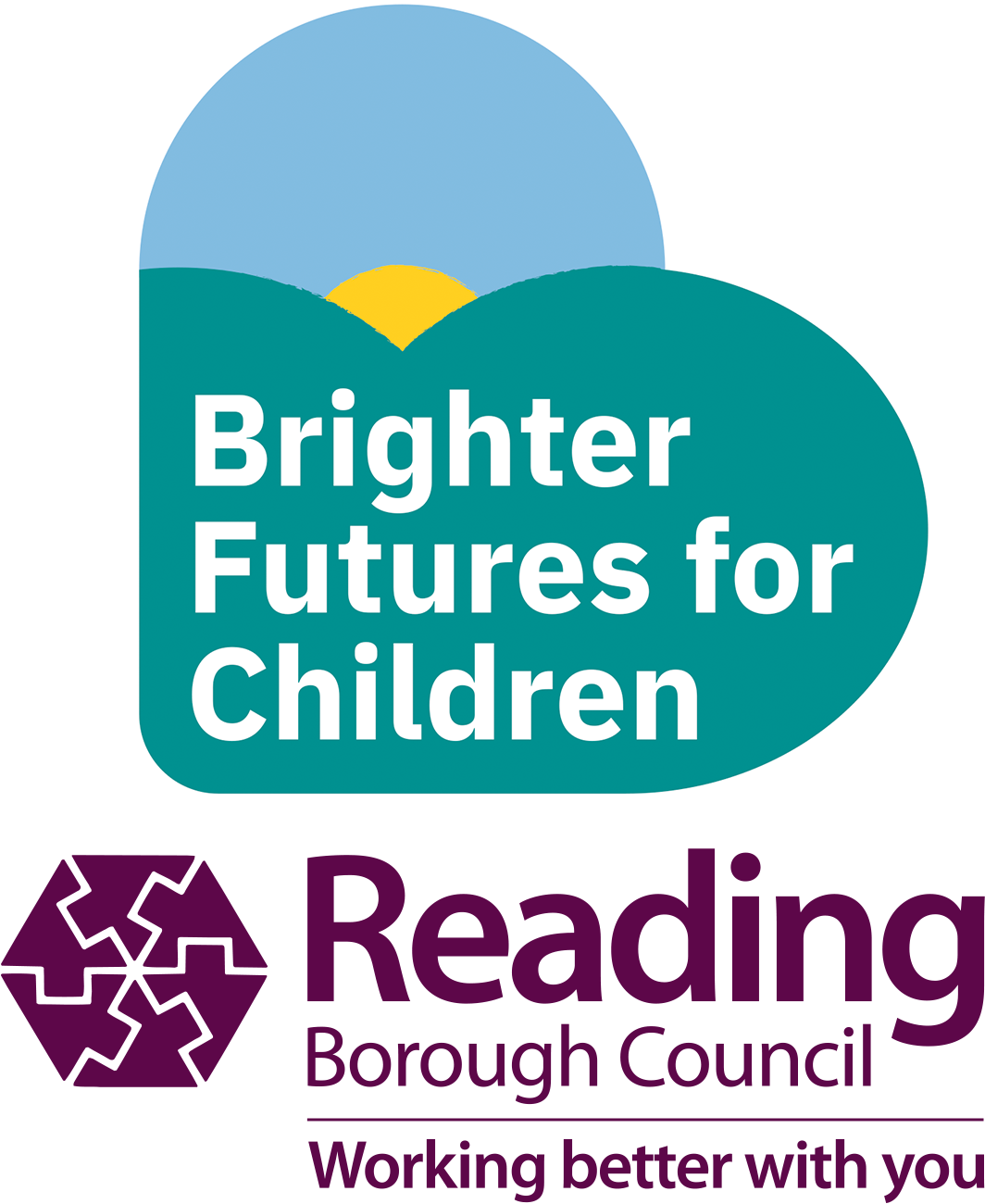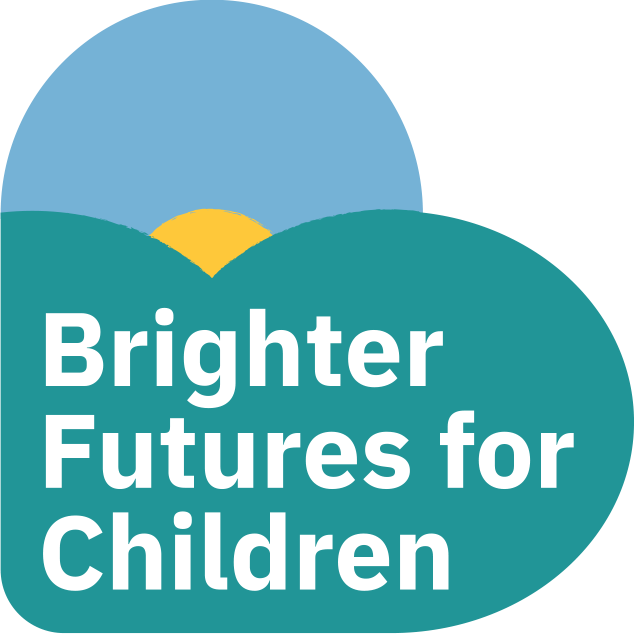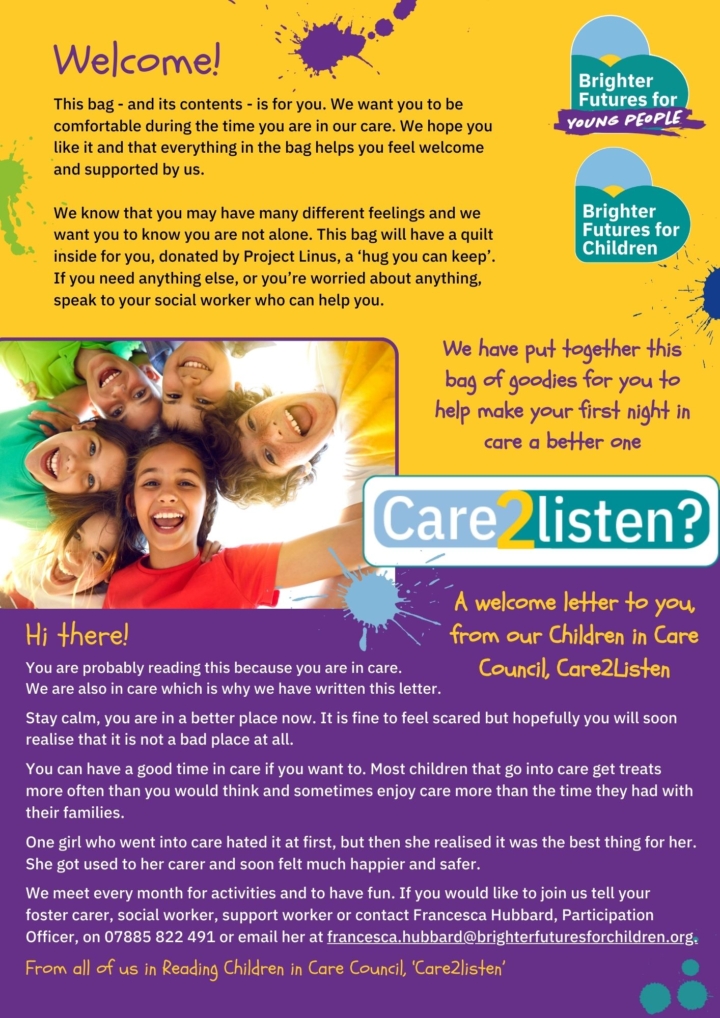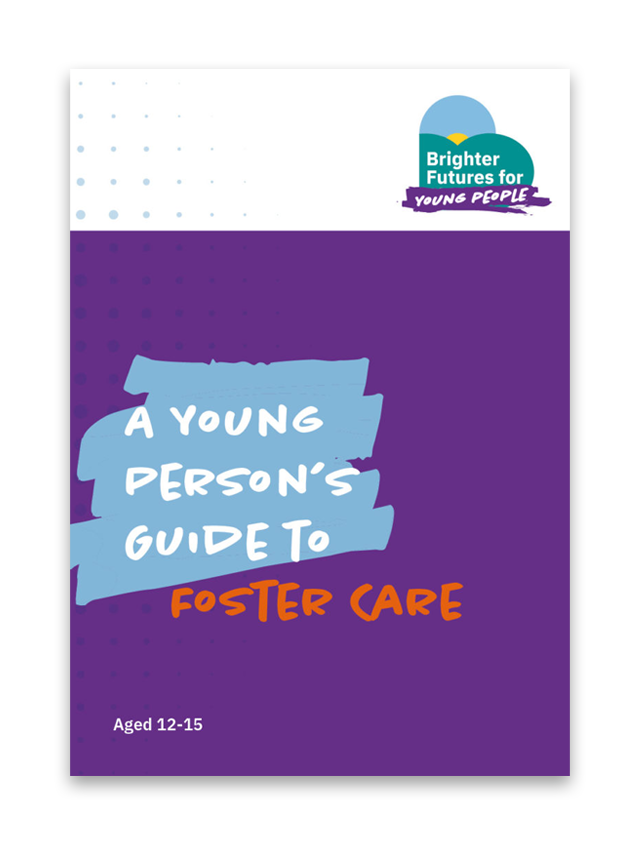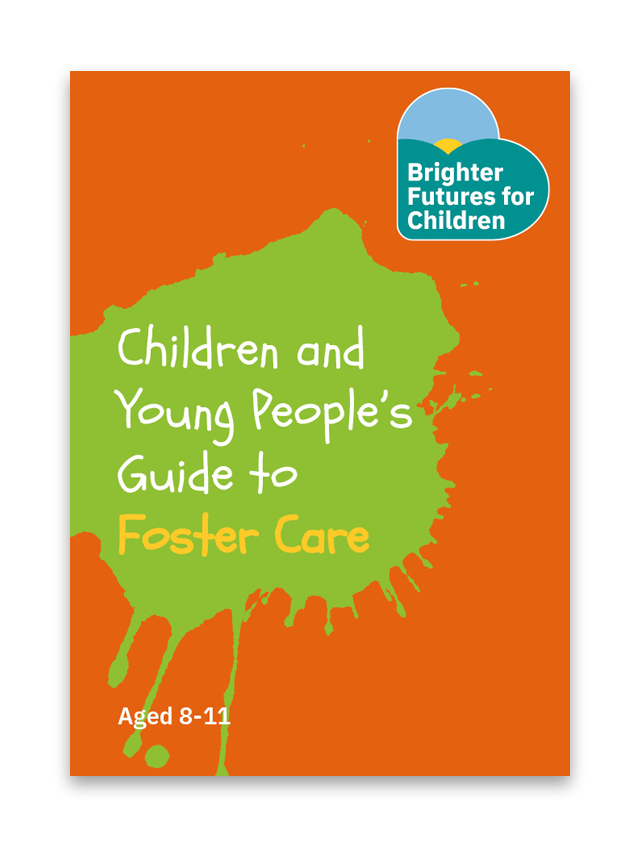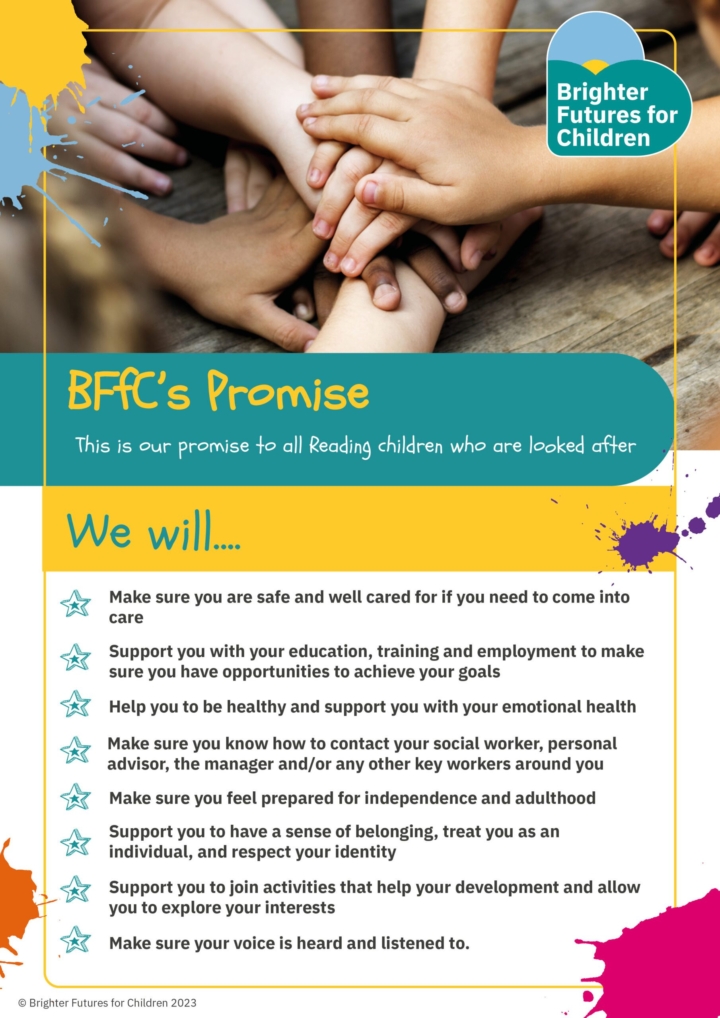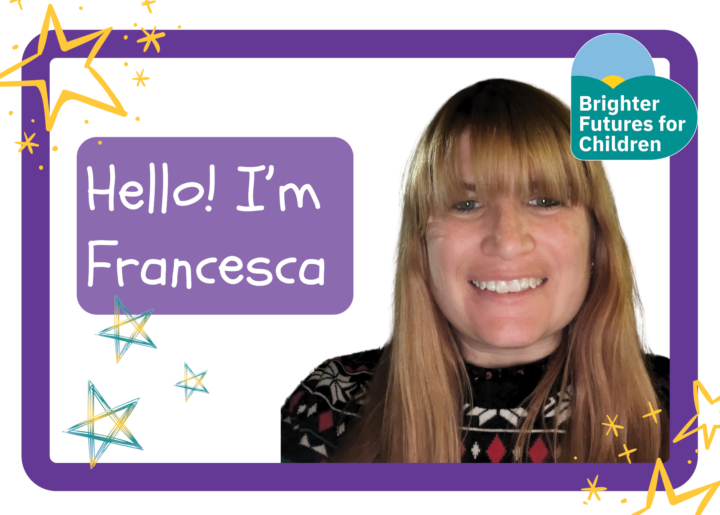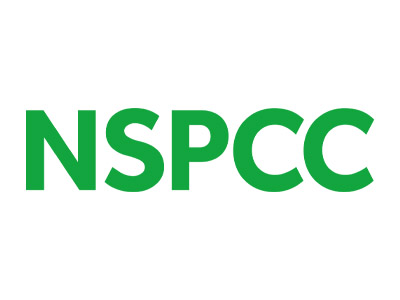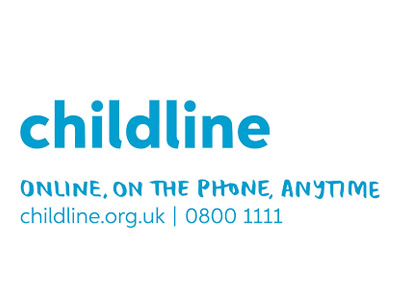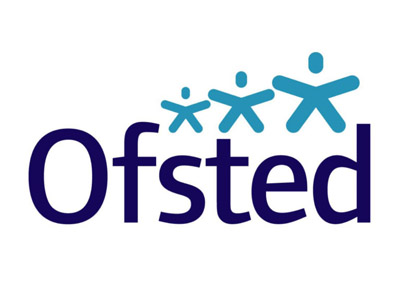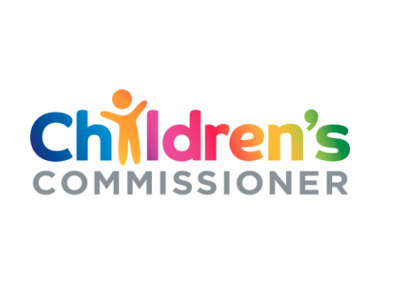- Home
- YOUNG PEOPLE’S ZONE
- Being in care
If you have just been taken into care, this section gives you guidance and support
Children and young people from our Children in Care Council, Care2Listen, have have written a welcome letter which you can open on the right. They also helped decide the contents for a ‘first-night-in-care bag’, so you have have everything you need including toiletries, books, and some toys/soft toys.

Explore this page for support available to you, from our being in care guides to download, care leaver groups to join and how to get involved in our Children in Care Council, Care2Listen.
Children and young people's guides to foster care
If you are being cared for by a foster family, we have created some guides to help you answer some of the questions you may have. You can download a copy of the Children’s Guide to Foster Care and the Young Person’s Guide to Foster Care here.
The Care Dictionary
 Become Charity’s Care Dictionary explains the often confusing and tricky terms used when you’re in the care system. The sort of language you might see in your care plans and other records that your social worker may write about your experiences.
Become Charity’s Care Dictionary explains the often confusing and tricky terms used when you’re in the care system. The sort of language you might see in your care plans and other records that your social worker may write about your experiences.
You may have a lot of questions about being in care. We hope that we can answer some of your questions you may have about being part of a foster family below.
We promise we will:
- make sure you are safe and well cared for if you need to come into care
- support you with your education, training and employment to make sure you have opportunities to achieve your goals
- help you to be healthy and support you with your emotional health
- make sure you know how to contact your social worker, personal advisor, the manager and/or any other key workers around you
- support you to feel prepared for independence and adulthood
- support you to have a sense of belonging, treat you as an individual, and respect your identity
- support you to join activities that help your development and allow you to explore your interests
- make sure your voice is heard and listened to.
Social Worker
Their role is to visit you regularly and make sure that you are safe and well cared for. Your social worker must make sure that the right decisions are made so that you can reach your potential.
Independent Reviewing Officer
It’s probably easier to remember them as IRO’s, they lead your review meetings; consider whether your care plan is right for you; monitor the progress of the care plan and challenge the council. Your IRO will try and meet with you before your meeting to get your views.
Carer
It’s their role to look after you every day, to make sure you are warm, fed, go to school, are healthy and you feel safe.
Advocate
Not everyone has one of these but they are like a separate person who stands up for what you want.
Foster carers
These are people who are selected, checked and trained to look after you in their own homes. Other young people in care may also live with them.
Residential home
This is a home which has staff to run it. You will most likely live there with other young people in care. You will have a keyworker to look after you
Family and friends carers
That’s a bit like foster carers but they are members of your own family like an aunt or uncle or maybe a close family friend. They are also known as connected persons or kinship carers.
At first, it may feel a little bit strange to you to live with a different family. Your foster carers and keyworkers know this and will do everything possible to help you to settle in.
This is different for everyone, and will depend on your own situation. If you talk to your social worker or other adult working with you, they will be able to give you more information.
Families have different ways they do things. These may be called the house rules. These may be different from those you have had before and your foster carer will explain these to you.
It may seem like there are lots of plans in place for you, they are just there to make sure you are cared for properly.
Care plan
This is your main plan and cover why you are being looked after away from your parents. It will have in it what needs to happen for you now and in the future. It needs to include your views and opinions about your life. Alongside your care plan there are other smaller but still important plans.
Placement plan
This says what and where you will be living, who will be taking you to meetings and things like that, what your day to day routine is and what you like and don’t like.
Education plan
This is about how everyone will help you with your learning and also socially too!
Health plan
This is about how everyone will keep you healthy. They will happen within the first few weeks of you coming into care, and then every year after that.
And finally a pathway plan
This is your plan as you approach your 16th birthday and will include details about your future care and support needs. There are lots of options to consider when you are 18 years old so this plan will help work through those.
Your care plan will be looked at in a meeting, which is called a Child Looked After Review, by someone called an independent reviewing officer (IRO).
People who are important in supporting you will be invited like your social worker, foster carer and of course, you.
Your IRO will make sure you have your say about what you want to happen and will talk to you about how you can give your views. This review takes place around four weeks from the time you first started living with your foster family.
The second review will be after three months, then they will be every six months.
There has to be meetings for your plans as this is the best way to make sure everyone is doing what they should be doing and that you have a voice too. It’s a good idea to go as it’s all about you and you can even chair the meeting if you wish.
Foster carers have to make sure that you feel safe so they will have some rules in their home about what you can and cannot do. This is called a Safe Care Policy which your foster carer will share with you.
Sometimes you may forget the rules and your foster carer will talk to you about this. Your foster carer will never smack or hit you, call you names, or stop you from seeing your family.
Expect to be treated with respect!
Most children who are fostered will still see their family and this will need to be arranged by your social worker.
They will let you know when and where this is going to happen, and how often. Usually, the only time this doesn’t happen is if your social worker or court think it wouldn’t be safe for you.
Sometimes you may not wish to see your family or there may be other reasons why you might not want to. Your social worker will talk to you about this, if it happens.
We know that your friends are important to you and you should also be able to keep in touch with them too. If you have any questions or worries, you can talk to your foster carer, your social worker, your IRO or an independent adult we can put you in touch with.
We would like you to be able to keep in touch with your family and friends, but it’s important that this is done in a safe way. Your foster carer and social worker will talk to you about this.
Remember that we always want you to feel safe and not to have any worries while being cared for by a foster family. If you don’t feel safe, you should talk to someone about this to help you sort it out. There is more information on this webpage about who to contact.
Your social worker and foster carer will make sure that arrangements are made for you to get to school or college every day.
You should be able to continue to go to your school, but there may be reasons why this isn’t possible. When this happens they will find another school to suit you.
If you are having any problems at school or college, you should let your foster carer and social worker know so that they can help to sort them out.
Your foster carer can help with homework and make sure that you have everything you need for your learning.
If you get letters from school or college, it is important you give them to your foster carer so that they know about educational trips or activities you might like to do.
You’ll also get additional help from the Virtual School.
What is a Virtual School?
The Virtual School is exactly that – virtual! It isn’t a place or a building, it’s a group of professionals which includes a headteacher, teachers and education specialists who will help you get the best out of your school and college years.
The Virtual School is here to help and support you achieve your goals and aspirations. The team works closely with the school or college you attend, your designated teacher, social worker and carer to support you through school, college, training or employment to make sure you are getting the help you need with your learning or well-being. We also make sure you have access to activities that interest you, resources you may need and help with your career plans.
Designated teachers are specifically trained and can support other school staff to understand how to help you achieve the best results you can. They will invite you to attend your termly personal education plan (PEP) meeting where you can share your views and wishes and ask for support. You have your own section in your PEP where you can store photographs from activities such as the “Making Memories Project”. This project is funded and invites you to choose fun activities with your carers to create special moments and memories.
For more information and how to contact the Virtual School team, the click the button below.
Bullying is upsetting, whether someone is calling you names or they are physically hurting you – it is not acceptable.
Foster carers know that sometimes bullying can happen when children live together or when they are at school. If you have any worries about bullying, let your foster carer or social worker know and they will be able to help you.
You could also talk to a teacher or an adult at school. Some schools also have anti-bullying schemes and other pupils who you can talk to, usually called peer mentors.
We are all different and all enjoy doing different things. It is important that your foster carers know what you like doing.
You might enjoy sport, playing games, music, going to church or temple, or to particular clubs. Whatever you usually do, or new things you would like to try, talk it through with your foster carer or social worker.
If you don’t tell them, they won’t know what you like to do.
Also, we give your foster family money so that you can visit lots of places and do different activities.
Your foster carer will help you make sure that you know how to stay healthy and feel good!
They will register you with a doctor and a dentist and will also arrange any other appointments that you might need. They will go with you to the appointments, if you want them to.
Your foster carer will do things with you, like offering help with homework or taking you to activities you enjoy.
If you are older, they can show you how to cook healthy meals and how to wash your clothes. These things make most of us feel better about ourselves and more in control of our situations.
If you’re in foster care, you can join one of our Children in Care Council (CiCC) groups:
- Care2Listen
- Care2HaveFun
These are both fun groups of young people who are in care. You can find out more about them and what they get up to further down this webpage.
When you are living with your foster carers you are entitled to pocket money every week. The amount you get will depend on how old you are.
Your foster carers will help you make sense of your life and keep your memories safe. This could be in a book which records what has happened to you in your life or a memory box where you can keep special things that are important to you.
This might be a fun activity you can do together to help remember things you have done while living with your carers.
The memory book could include memorabilia, tickets from places you have visited, photographs, school reports and other things that are important to you.
All of these things can also be included in a special book we call your ‘life story book’, which we help put together for you so that you have memories and also key information about the whole of your life. It’s important, especially for children and young people who can’t return home, to have these memories and information about the whole of their lives. You may have a ‘life story book’ or you may just have a memory box of all the things you did while you were in care. It will depend on how long you’re in care.
Everyone who comes into care is different and everyone’s story is different. That’s why it’s important to know – and own – your own story and to have something that’s special to you.
You have rights like everyone else. You have a right to be listened to and your thoughts and feelings taken seriously. If there is something upsetting you, you should talk to your foster carers to see if they can sort it out.
If you are still unhappy that people are not listening to you or ignoring what you have to say, then you should tell someone you trust and ask them to help you to complain. This could be your social worker.
If you would like to speak to someone outside of the fostering team, there are plenty of people for you to get in touch with, one of them is Reconstruct. Reconstruct is separate to Brighter Futures for Children and is there to support you in raising or dealing with problems and issues. They can also help you express your views at meetings. Contact advocacy.reading@reconstruct.co.uk
If you’re not happy with the way that Brighter Futures for Children is working with you and you’d like to make a complaint, head over to our Young People’s Zone home page where we’ve added a leaflet that explains how.
You can also tell Ofsted at enquiries@ofsted.gov.uk
Meet Francesca
Your participation officer, Francesca, is here to make sure children and young people who are supported by BFfC have their voices and experiences heard, acknowledged and acted on. Contact Francesca on 07885 822 491 or email her below, if you would like to find out more.
Mind of My Own
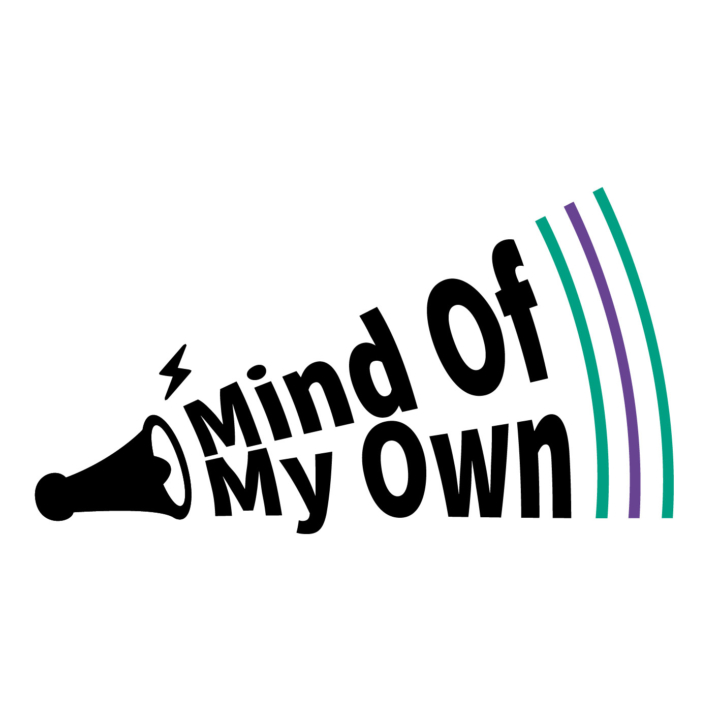
If you’re in care, you will have your own social worker. Did you know you can keep in touch with them through the Mind of My Own app?
Rooted in Reading
So, in 2020, we carried out his wish! On behalf of you all, we planted a tree outside Reading Town Hall. The tree is a symbol for all children and young people in care with us, so you, like him, know you belong and feel ‘rooted in Reading’.
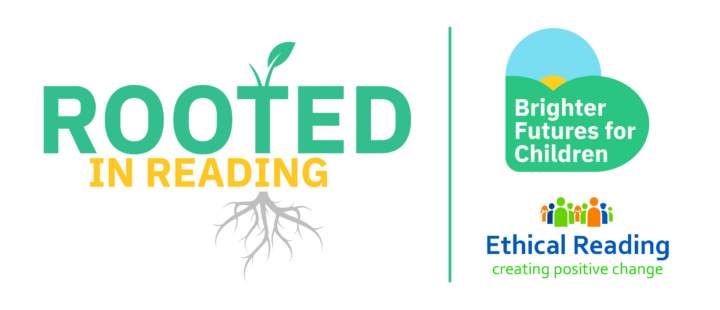
Meet the Children in Care Council Care2Listen
This is our Reading Children in Care Council – we call ourselves Care2Listen.
We are a group of young people in care aged 12 to 17 years old who meet once a month to make sure that we have a voice and are listened to about things that matter to us.
This is a fun group, where you can meet other young people in care and care leavers. It’s great for your CV, and there are opportunities to get involved in interviews, as well as activities, playing games and just having a chat. Don’t worry if you don’t live in Reading and are being looked after in some other town because you can join us virtually.
Contact Francesca (details above) if you’d like to get involved. Alternatively, you can speak to your social worker, care advisor or IRO as they will know how to put you in touch.
Read more about our groups below

Want to meet with other young people in care to make sure that we have a voice and are listened to about things that matter?

This is a fun group that meets once a month to take part in activities. We do all sorts like trampolining, football, pizza nights, cinema. Fancy taking part?
Our Virtual School is here to help you
The Virtual School is here to help you reach your educational goals and encourage you to be confident to express and achieve your dreams and ambitions in life.
The Virtual School will support you by offering:
- termly PEP meetings
- funding to support your learning and well-being
- advice on results day
- support when you change school
- determined advocacy – The Virtual School will stand up for you


Contact our Virtual School team
The Virtual School is here to support your continued education while you are looked after. Meet the team below and contact us if you’d like to talk to us about your education.

Hello, my name is Rhi, and I am the Acting Head of the Virtual School in Reading. I have a legal duty to promote the education of children looked after and children previously looked after. I also make sure Reading Virtual School supports children with a social worker and those in kinship care. I am extremely proud of our children and young people’s achievements, resilience, and determination to succeed, as well as the advocacy of the adults who support them.
Over recent years, I have worked for the Virtual School in the roles of inclusion support officer and data, inclusion and finance manager. I’ve previously worked in primary schools supporting children with SEND. Now I get to support others to work therapeutically and support our children to have high ambitions for their future.
In my spare time I enjoy spending time with my family in the great outdoors!
You can get in touch with me by emailing rhiannon.begg@brighterfuturesforchildren.org

Hello, I’m Sarah, Assistant Headteacher for Secondary and Post-16 at Reading Virtual School. I work to ensure that all Children Looked After are supported to excel in education. My role is to make sure everyone works together to provide the children we support with the right tools to achieve their education goals and aspirations. I started out as an English teacher, before joining the Virtual School and I worked for ten years in a specialist provision as Assistant Head. In my spare time I like to swim, walk and spend time in the countryside.
Contact me at sarah.cross@brighterfuturesforchildren.org

Hello, my name is Matt. I am the Interim Assistant Headteacher for Early Years and Primary children at Reading Virtual School. My role is to make sure that children who are looked after have the best possible experience in school, are well supported and achieve their educational goals. You might see me at your personal education plan (PEP) meeting where I enjoy hearing your views about school and learning. Before joining the Virtual School I worked in primary schools for 20 years so I know what it’s like for you in school. In my spare time I like to cook, go for walks and support Ipswich Town Football Club.
You can get in touch with me by emailing matt.bevan@brighterfuturesforchildren.org
Hello, my name is Nicola and I am the Assistant Headteacher for children with a social worker, previously looked after children and those in kinship, or family & friends care. I am passionate about ensuring that all children are supported to access a high quality and inclusive education to meet their individual needs. I have worked in leadership in virtual schools for over 20 years and, as a qualified social worker and secondary English teacher, have had wide experience of leading multi-agency services and driving forward partnership working to make a difference to outcomes for children. In my spare time, I enjoy reading, cooking and supporting Fulham Football Club!
You can contact me by emailing nicola.blake@brighterfuturesforchildren.org.

I am Lisa, the Education Support Officer for Reading’s Virtual School. I try to make sure that children who are looked after enjoy their education and achieve to their full potential. The Virtual School subscribes to Letterbox – a national scheme to enhance young people’s experiences in reading and numeracy. I co-ordinate the Letterbox scheme for Reading. I also attend many personal education plan (PEP) meetings, particularly for Year 6 and Year 7 pupils, to help them have a smooth transition from primary to secondary schools. In the past, I have worked in a special school, the youth service and in a specialist fostering team. In my spare time I enjoy walking and playing tennis.
You can contact me by emailing lisa.palmer@brighterfuturesforchildren.org

Hello, I’m Cathy McCarthy, Education Advisor for children previously looked after and children with a social worker. I am passionate about championing the voices of children in education. I love working with school staff to reflect and problem solve, finding ways to encourage and enthuse each young person to achieve their potential. Before joining the Virtual School I was a primary school teacher, SENDCo and volunteer for SENDIASS.
You can get in touch with me by emailing cathy.mccarthy@brighterfuturesforchildren.org.
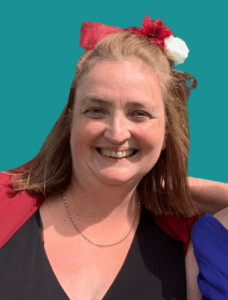 Hello, I’m Michelle Winter, Inclusion Support Officer at Reading Virtual School.
Hello, I’m Michelle Winter, Inclusion Support Officer at Reading Virtual School.
I monitor and challenge pupil’s attendance and suspensions as well as working closely with other teams so children with special educational needs are given the best opportunities. I help to make sure adults in school who are supporting our children looked after are working therapeutically and support our children to have high ambitions for their future.
I have always enjoyed working with children and I previously worked as a senco assistant in a primary school and as an Emotional Learning Support Assistant (ESLA).
When I am not working, I enjoy spending time with my family and friends!
